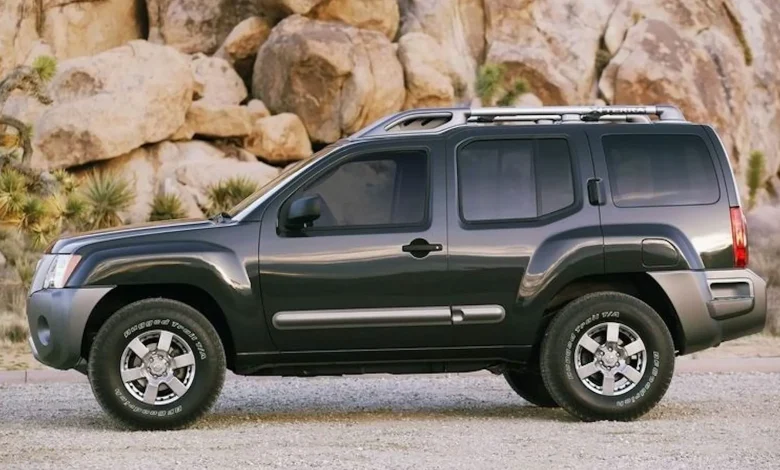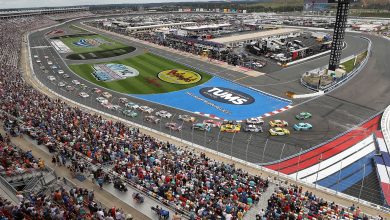Nissan Confirms Xterra Return for 2028 with Hybrid V-6 Powertrain

In a major announcement, Nissan’s chairman has officially confirmed the return of the beloved Xterra SUV, scheduled for a 2028 release. The revived model will feature a hybrid V-6 powertrain and will be built on the same platform as the current Nissan Pathfinder and Frontier. This strategic move, which involves canceling previous plans for a U.S.-built electric SUV, signals a shift in the automaker’s North American strategy to align with current market trends favoring rugged, body-on-frame SUVs and trucks over pure electric vehicles.
Production and Platform Strategy for the New Xterra
The new Nissan Xterra will be manufactured at the company’s assembly plant in Canton, Mississippi, leveraging the existing and proven platform that underpins the Pathfinder and Frontier. This approach allows Nissan to control development costs and streamline production. The confirmation also opens the door for a more luxurious Infiniti-badged variant, mirroring the successful platform-sharing strategy used by Toyota and Lexus with the Land Cruiser and GX models. This potential expansion would allow the platform to capture a wider range of customers across different price points and luxury expectations.
Powertrain and Market Positioning
A key highlight of the Xterra’s comeback is its planned hybrid V-6 engine. This powertrain choice aims to blend the robust power and capability expected from a rugged SUV with improved fuel efficiency, addressing modern consumer demands. The decision to revive the Xterra, a model discontinued a decade ago, is a direct response to dealer enthusiasm and consistent fan demand. It also reflects a broader industry adjustment as consumer adoption of electric vehicles in the U.S. has been slower than anticipated, leading automakers to reinvest in traditional SUV and truck segments where demand remains strong.
Strategic Shift Away from U.S. EV Production
The confirmation of the Xterra’s return is coupled with the revelation that Nissan has shelved its plans to produce an electric SUV in the United States. As recently as March 2025, the company had intended to build such a vehicle at the Canton plant by 2028. Instead, Nissan will continue to import the Nissan Leaf from Japan, despite facing profitability challenges due to existing import tariffs. Company leadership indicated that a future U.S.-built electric vehicle would likely require a cost-sharing partnership with another automaker or a significant breakthrough in manufacturing economics to become viable.
The return of the Nissan Xterra in 2028 represents a significant pivot in the brand’s North American product strategy. By opting for a hybrid-powered, body-on-frame SUV built on a shared platform, Nissan is making a calculated bet on sustained consumer interest in capable and rugged vehicles. This move excites a loyal fanbase and strengthens the company’s truck and SUV portfolio, ensuring its competitiveness in a market that continues to prioritize these segments over the immediate and widespread adoption of electric vehicles.





